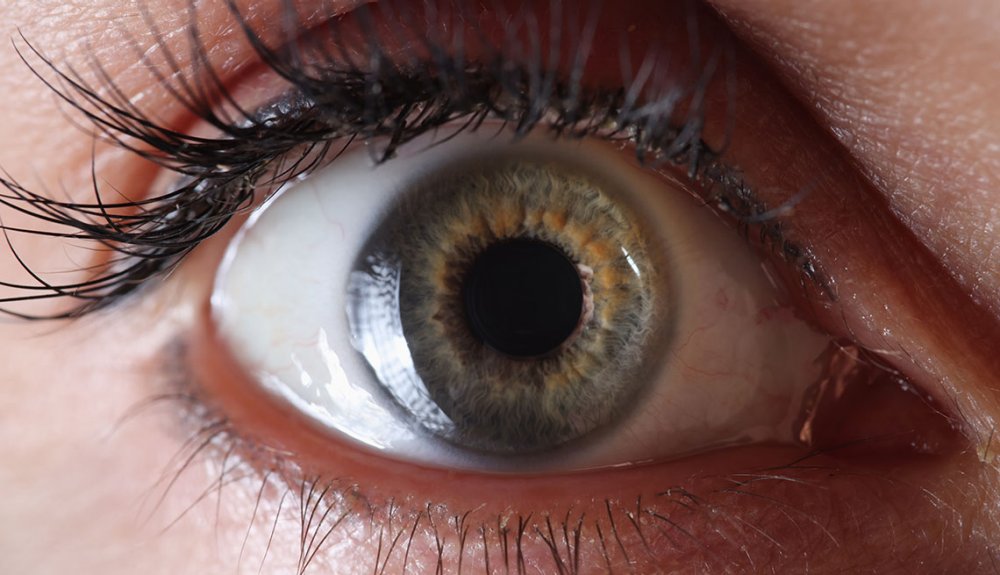All Categories
Featured
Table of Contents

Regular eye exams are vital for preserving good vision and identifying potential eye wellness problems early. The regularity of these tests can vary substantially based on a person's age, way of life, and overall health. Recognizing the advised timetable for eye tests can help make certain that people of any ages receive ideal treatment and tracking for their eye wellness.
Infants and Toddlers (0-2 Years)
For toddlers and babies, eye tests are vital for detecting any kind of prospective vision problems beforehand. The American Academy of Ophthalmology recommends that a youngster's initial eye exam need to occur at around six months old. During this initial visit, the eye care specialist will assess the child's visual growth and look for any noticeable eye issues.Following this first test, it is recommended that kids have one more eye test at age three. This see will certainly concentrate on examining the kid's general visual feature, including eye positioning and the capacity to track things. If no problems are discovered, the next test should be scheduled before the kid begins school, generally around age five or 6.
School-Aged Kids (6-18 Years)
Routine eye examinations need to be scheduled every one to two years when children reach institution age. Vision is crucial for discovering and advancement, and numerous colleges conduct vision testings. These screenings do not change a detailed eye exam by an eye care professional.For children involved in tasks or sporting activities requiring considerable visual focus, yearly eye examinations may be advisable. In addition, if a kid shows indicators of vision problems-- such as trouble reviewing, squinting, or constant migraines-- a browse through to the eye physician should be set up immediately.
Young Adults (19-39 Years)
Young person typically have fewer vision modifications than older age, but routine eye examinations continue to be vital. The basic suggestion is to arrange an eye exam every 2 years during this duration. Nevertheless, people with particular danger aspects-- such as a household background of eye illness, diabetes mellitus, or those who wear contact lenses-- must take into consideration annual eye tests.In addition, those that spend considerable time on digital devices may experience digital eye strain. If symptoms such as dryness, exhaustion, or blurred vision take place, it may be smart to see an eye care specialist quicker.
Adults (40-64 Years)
Adults aged 40 to 64 must arrange eye exams every one to two years. Eye exams can likewise aid identify various other common age-related problems such as glaucoma, cataracts, and macular deterioration.If individuals in this age have danger factors like hypertension or diabetes mellitus, they may call for more frequent evaluations to monitor their eye health closely.
Seniors (65 Years and Older)
For elders, routine eye examinations come to be even a lot more essential. The American Optometric Association suggests that people aged 65 and older have an eye examination at least once a year.Verdict.
Understanding the appropriate timetable for eye tests based upon age is crucial for maintaining ideal eye health throughout life. From babies to elders, normal eye assessments play an essential role in spotting issues early and making sure that vision remains sharp. By adhering to these standards and seeking advice from an eye treatment specialist, people can take positive actions towards maintaining their vision and overall wellness. Whether it's a youngster's first see or a senior's yearly examination, prioritizing eye treatment is an investment in lifelong wellness.Table of Contents
Latest Posts
A Historic Shoreline Destination with Modern Delights
Published Apr 20, 25
1 min read
Experience Coastal Sophistication at Deauville Inn
Published Apr 13, 25
1 min read
Host Your Perfect Occasion: Location Rental Options for every single Occasion
Published Mar 18, 25
1 min read
More
Latest Posts
A Historic Shoreline Destination with Modern Delights
Published Apr 20, 25
1 min read
Experience Coastal Sophistication at Deauville Inn
Published Apr 13, 25
1 min read
Host Your Perfect Occasion: Location Rental Options for every single Occasion
Published Mar 18, 25
1 min read